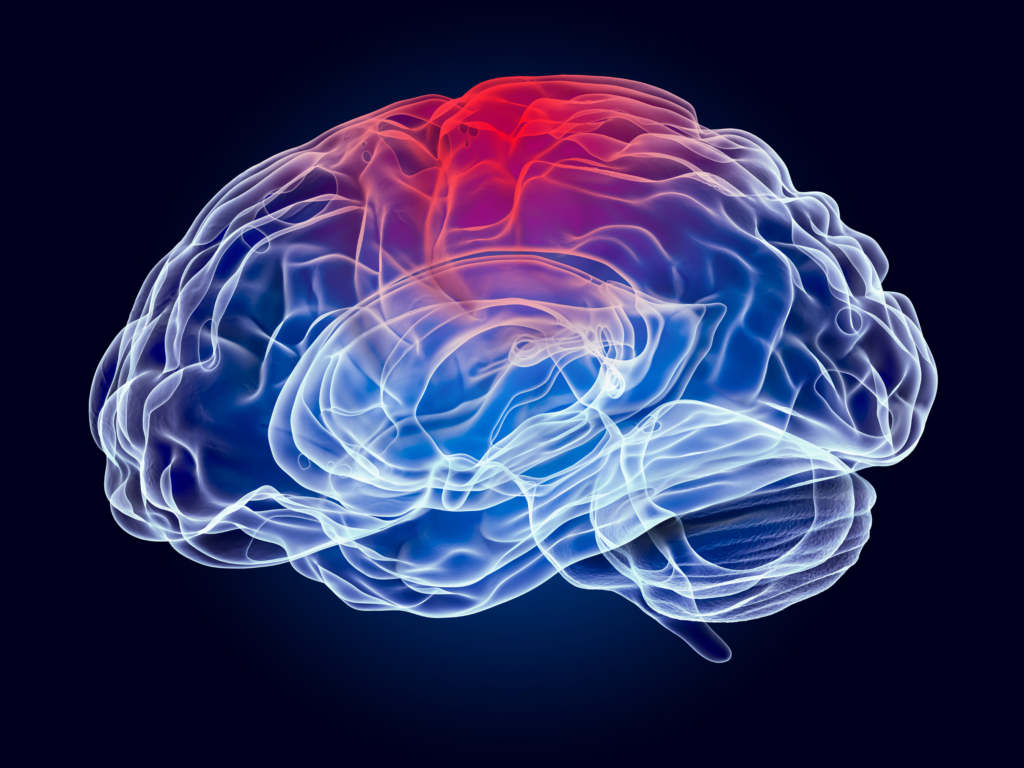Traumatic brain injury or TBI refers to an injury that damages the brain, thus disrupting its normal function. It usually happens when the head violently hits an object or when it punctures the brain tissue. You may also develop this injury when you sustain a jolt, bump, or blow to the head.
Traumatic brain injury affects patients differently. Some people may experience its symptoms right away, while others can develop it over time. Most patients with mild TBI can recover in the span of three months with medical intervention.
Unfortunately, others may experience the lingering symptoms and secondary effects of TBI over time, especially if their injury is moderate to severe in nature. So in simpler terms, a TBI can indeed get worse over time, and here’s why:
The symptoms of a TBI greatly depend on the type of injury, location of the trauma, and severity. But generally, moderate to severe brain injuries are the ones that often get worse over time, especially with delayed medical treatment.
Moreover, studies suggest that 50% of patients who suffer from a TBI will experience cognitive decline and premature mortality within 5 years from the initial trauma. Here are some of the most common reasons for the long-term consequences of a traumatic brain injury:
these changes occur in the brain hours or days after the initial head trauma. These may involve changes in the brain tissue, chemical composition, or blood vessels that may contribute to the long-term symptom of a TBI. Some examples include inflammation, hematoma, infection, and hypoxia.
injury to the cells and tissue can gradually lead to the generation of reactive oxygen and reactive nitrogen species in the brain. These substances cause oxidative stress, which leads to irreversible neuron damage.
damage to the brain’s long nerve fibers or axons tends to cause subtle changes in its structure. As a result, it can lead to prolonged and progressive functional disturbances in the brain. Some examples of axonal changes include abnormality in axon growth or fiber sprouting.
apoptosis is the scientific term for programmed “cell death,” which only happens when there’s cellular damage. However, studies suggest that specific pathways (intrinsic and extrinsic) get triggered in TBI, stimulating delayed apoptosis even in healthy brain cells.
acute changes in blood flow have been observed immediately after the initial insult. However, studies have also suggested that cerebral blood flow changes may still occur months after the trauma. Some examples of detrimental changes that can aggravate the initial TBI include reduced blood flow and coagulopathy problems.
Additionally, delayed and improper medical treatment can also contribute to the worsening of a TBI. Without rehabilitation, symptoms will worsen, thus making you vulnerable to life-threatening complications.
Having a traumatic brain injury should be your life’s endgame. There are plenty of techniques and activities you can do to prevent the gradual decline of your brain’s function. This includes the following:
Besides the initial medical treatment, it’s important for patients to receive continuing therapy and rehabilitative support to stave off TBI-related cognitive decline. Moreover, rehab will play a major role in helping you regain your strength, body function, speech, and social skills.
Additionally, therapy will teach you how to adapt to the permanent changes in your body without further injuring yourself. Some examples of rehabilitative treatment that you may encounter when you enter an inpatient neuro rehab near me are:
Rehabilitation also includes mental and emotional support to address any mental health issues that may arise following the traumatic brain injury.
Patients suffering from TBI have a higher risk of developing other diseases, such as diabetes, hypertension, and cardiovascular illnesses.
But by adapting a healthier lifestyle, you can dodge these life-threatening bullets while also helping your brain recover from its injury. Some specific brain-boosting activities you may want to start now include:
Like the physical body, the brain also needs exercise to keep it in shape and maintain or regain its normal function. This is why rehabilitation facilities like NeuLife, emphasize the importance of brain stimulation by including it in their programs.
Some examples of stimulating activities that can improve your brain function and cognition include:
Remember to take it easy, though. It’s okay if you cannot memorize a list of tasks right away or get every crossword square right. With consistent practice and stimulation, you’ll be able to regain your mental prowess.
Studies suggest that patients with traumatic brain injury are more vulnerable to stress. They may find it challenging to manage stress due to the symptoms and effects of their injury. Unfortunately, stress only worsens TBI symptoms and may cause the patient to develop mental health issues if not addressed.
Meeting people with the same circumstances and life experiences provides encouragement and support. It gives patients and families a solid support system to help them through the highs and lows of traumatic brain injury recovery.
Furthermore, your support group will become your safe haven where your feelings and struggles, which may sometimes feel like minor, are validated.

NeuLife Rehabilitation is one of the leading rehabilitation facilities in Florida, specializing in treating various conditions一from catastrophic injuries to neurologic conditions. Our healthcare professionals provide the highest quality of patient care and medical services, such as:
Give us a call at 800-626-3876 to learn more about our services.
The material contained on this site is for informational purposes only and DOES NOT CONSTITUTE THE PROVIDING OF MEDICAL ADVICE, and is not intended to be a substitute for independent professional medical judgment, advice, diagnosis, or treatment. Always seek the advice of your physician or other qualified healthcare providers with any questions or concerns you may have regarding your health.

We know that choosing the next step in your recovery from a catastrophic illness or injury is complex. Together, we can help you take the next step.
Contact us with any questions today.